Procurement Management
Streamline Success: Master the Art of Procurement Management

8 Hours average completion time
0.8 CEUs
15 Lessons
19 Exams & Assignments
13 Discussions
15 Videos
32 Reference Files
175 Articles
Mobile Friendly
Last Updated January 2026
Mastering Procurement Management: Behind the Scenes of Business Success
In the intricate ballet of business operations, numerous unseen elements choreograph a flawless performance. Each plays its pivotal role, ensuring the smooth rhythm of the entire production. Among these unsung heroes is the art and science of procurement. The backbone of every venture, procurement fuels businesses with essential resources, ensuring they can produce, innovate, and thrive. When streamlined, this component can elevate a business, but if mismanaged, it could lead to its downfall.
Delve into the rich tapestry of procurement management with this course, designed to unravel its complexities and magnify its significance in the business arena. Here's a glimpse of the illuminating journey ahead:
-
Decoding the Procurement Blueprint: Walk through the meticulous stages of procurement. Discover both its traditional essence and the modern twists that shape its trajectory today.
-
Balancing Ethics with Ambition: Dive deep into the moral compass of procurement. Explore why ethical considerations and social responsibility are not just buzzwords but essential pillars for any successful procurement strategy.
-
Financial Acumen in Procurement: Beyond merely obtaining resources, understand the financial intricacies. Grasp the nuances of smart budgeting, judicious spending, and the art of sealing a deal that's both beneficial and sustainable.
This course aspires to be your compass in the vast ocean of procurement management, guiding professionals with a thirst for excellence. Procurement is a realm of challenges, nuances, and immense rewards. Are you prepared to master its depths and soar to new professional heights? Dive in, and let's embark on this transformative journey together!
- Effective supplier relationship management
- Strategic procurement planning
- Negotiation and deal-making prowess
- Ethical procurement practices
- Leveraging KPIs for performance evaluation
- Budgeting and financial analysis skills
- Understanding technology's role in procurement
- Adaptation to changing business landscapes
- Inventory management and optimization
-

Small Business Guide
-

Healthy Relationships
-
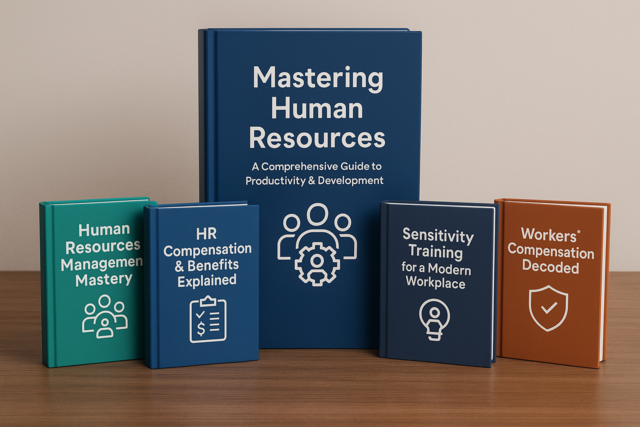
Human Resources Productivity Course Bundle
-

Resolving Workplace Conflict
-

Managing Your Career
-

Project Management 101
-

Google Sheets
-

Financial Analysis 101: Planning and Control
-

Purchasing and Vendor Management 101
-

Business Etiquette
-

Accounting & Bookkeeping 101 for Everyone
-
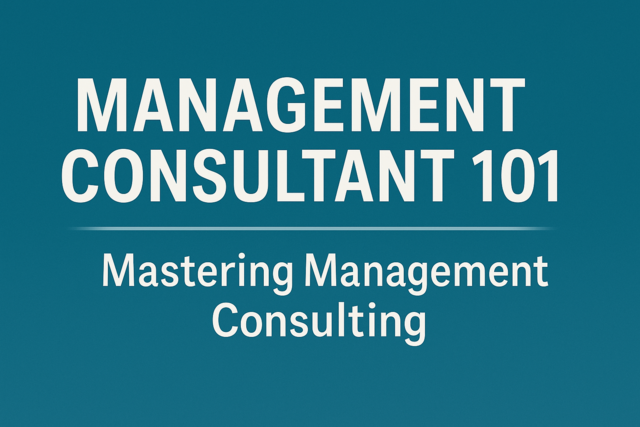
Management Consultant 101
-
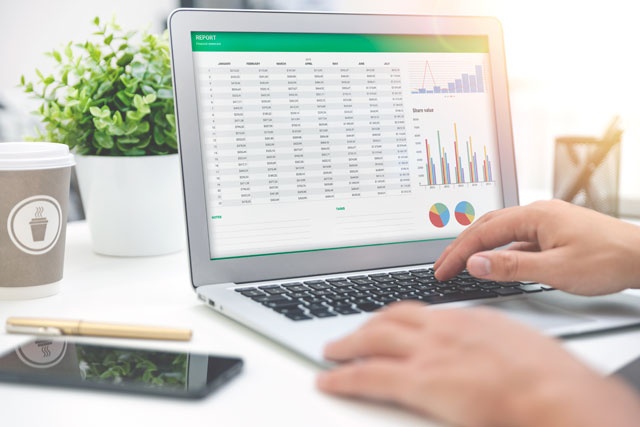
QuickBooks Online
-

Ultimate Secretary Training Bundle
-

German Culture 101
-

Business Analysis
-
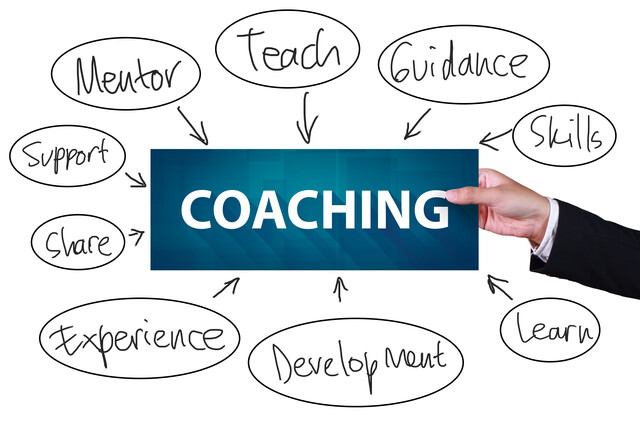
Business Coaching
-

Telephone Skills and Quality Customer Service
-

Business Math 101
-
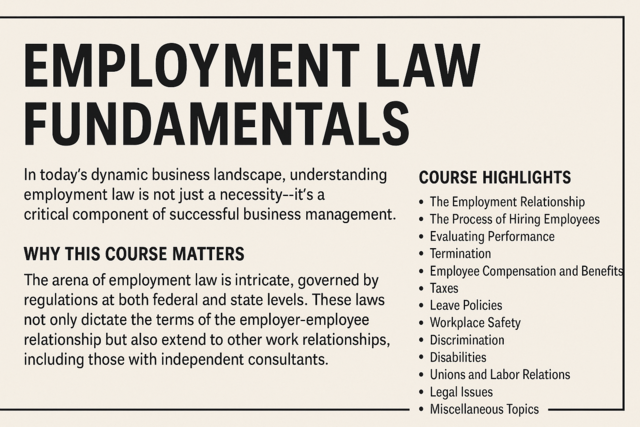
Employment Law Fundamentals
-

Business Management
-

How to Start and Run an Online Business
-

Talent Management for Business
-

How to Deal with Difficult Personalities
-

Innovative Thinking Skills